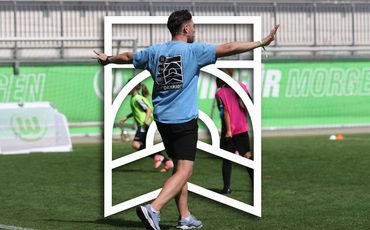What Is Talent? Rethinking How We Identify and Develop Potential in Sport
To begin , we must first ask a fundamental question: What is talent?
Defining Talent
Talent is a widely used term across education, the arts, and sport. Yet, it’s often misunderstood or oversimplified. People may refer to talent as:
- A label: “That player is a talent.”
- An innate ability: “She has a talent for tennis.”
- A quality to be nurtured: “We can develop his talent.”
This leads to the classic Nature vs. Nurture debate. But in reality, talent is a blend of both—Nature + Nurture = Talent.
Talent in Sport
In sport, researchers define talent as “the presence of particular skills or qualities, identified at an early age, that correlate to or predict expert future performance” (Cobley et al., 2012). This definition highlights the relationship between current performance and future potential.
However, identifying what talent looks like is far from straightforward. Scientific literature offers limited high-quality evidence, making talent assessment a complex task.
What we do know is that talent is:
- Emergent – It’s a continuous process of becoming.
- Environmental – Influenced by coaches, parents, peers, and opportunities.
- Individual – Each athlete has unique needs and developmental pathways.
This understanding challenges the idea of talent as a fixed trait. Instead, it calls for a dynamic, holistic approach to talent identification and development.
A New Way to Think About Talent
Professor Joe Baker’s 3x3 Matrix of Performance vs. Potential offers a practical tool for coaches. It helps assess athletes based on both current ability and future promise, while recognizing the varying levels of risk involved in selection decisions. For example:
- Low risk: Clear performers with high potential.
- Medium risk: Athletes with mixed profiles.
- High risk: Those with uncertain trajectories.
Conclusion: Every Young Person Is a Talent
Talent is complex, evolving, and difficult to measure. It’s not a straight path, and it lacks robust research evidence. That’s why we encourage coaches and systems to adopt a more inclusive philosophy:
Start thinking that every young person is a talent.
By doing so, we can create more equitable opportunities, foster long-term development, and build healthier, more efficient talent systems. Let’s shift the focus from short-term wins to lifelong growth—and see what happens when we nurture potential in everyone.
Watch the full video below
Comments
Related Pages


